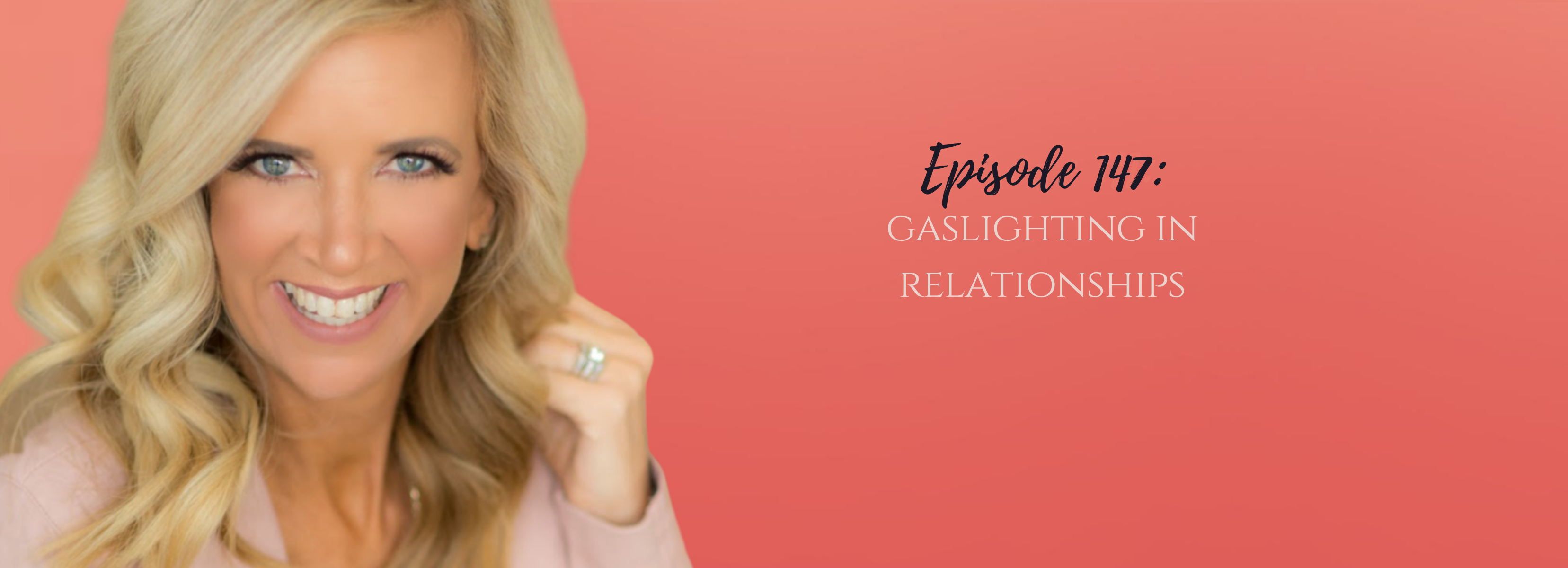
GASLIGHTING IN RELATIONSHIPS | 2.9.2022
In this episode, Kristen talks about Gaslighting in Relationships - How the term came about, the 14 signs that someone is gaslighting you, and how to work through it.
You'll Learn
Resources
For counseling services near Indianapolis, IN, visit www.pathwaystohealingcounseling.com.
Subscribe and Get a free 5-day journal at www.kristendboice.com/freeresources to begin closing the chapter on what doesn’t serve you and open the door to the real you.
This information is being provided to you for educational and informational purposes only. It is being provided to you to educate you about ideas on stress management and as a self-help tool for your own use. It is not psychotherapy/counseling in any form.
[fusebox_transcript]